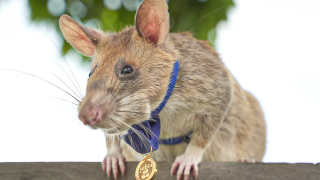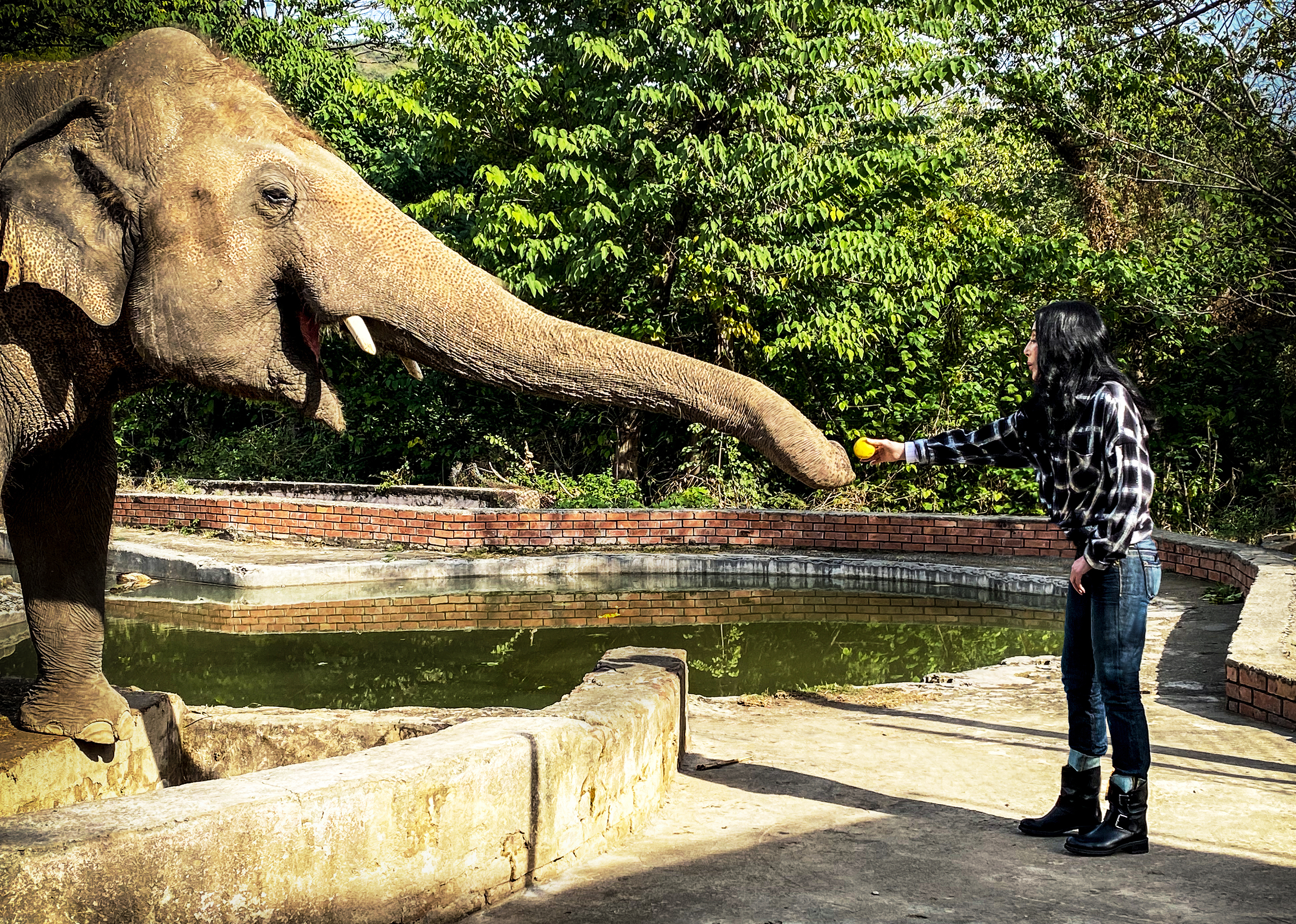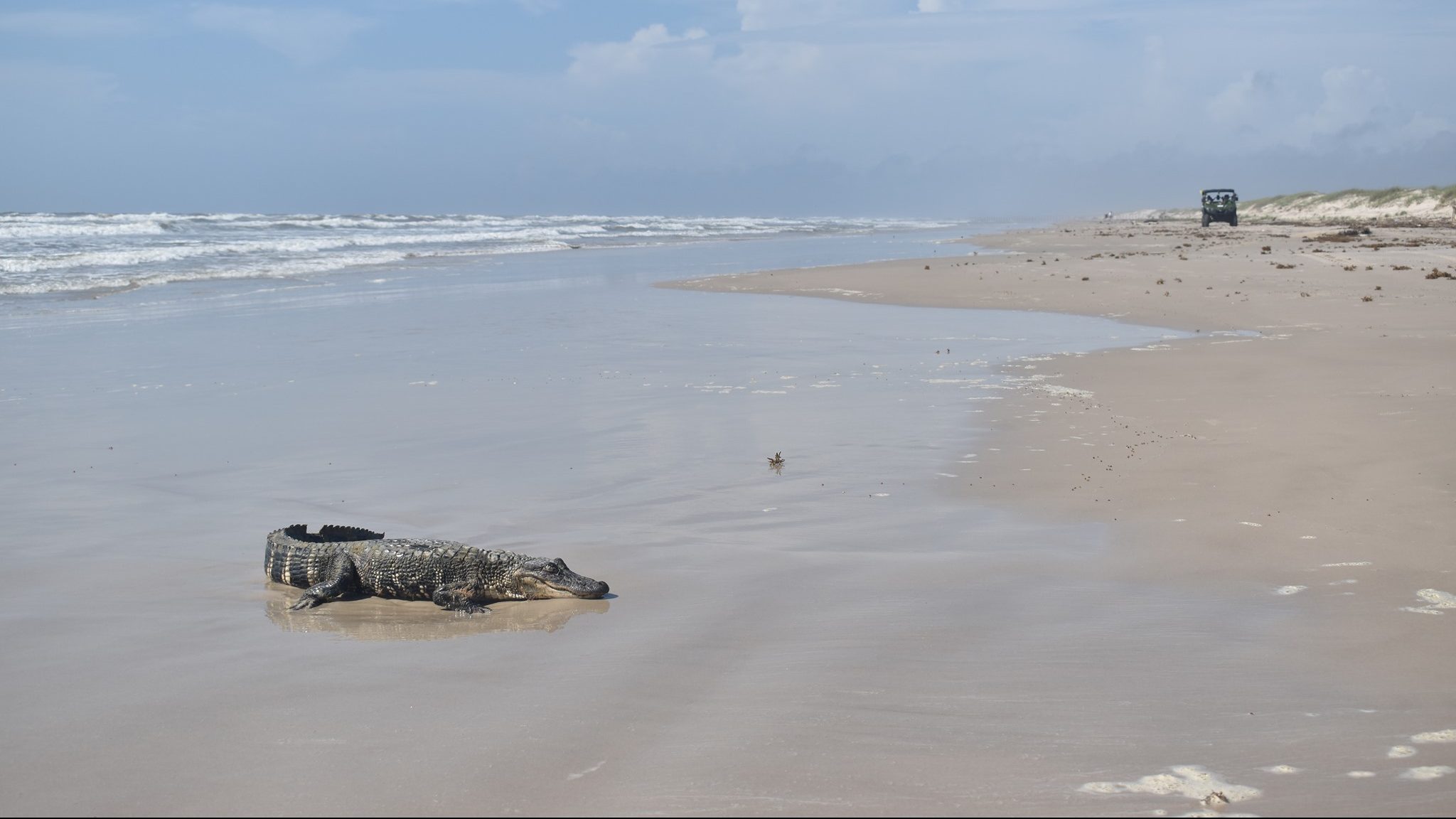
Magawa, whose official job title is “HeroRAT,” is retiring this month after a five-year career detecting land mines in Cambodia.
APOPO, a Belgian nonprofit organization that trains African giant pouched rats to detect land mines and tuberculosis, announced the news last week in a press release on June 3. During his career, Magawa became APOPO’s most successful HeroRAT, after discovering 71 land mines, 38 “items of unexploded ordnance" and helping clear more than 2.4 million square feet of land.
“Magawa’s performance has been unbeaten, and I have been proud to work side-by-side with him,” Malen, Magawa’s handler, said. “He is small but he has helped save many lives allowing us to returns much-needed safe land back to our people as quickly and cost-effectively as possible. But he is slowing down, and we need to respect his needs. I will miss working with him!”
Get Tri-state area news delivered to your inbox.> Sign up for NBC New York's News Headlines newsletter.
Born in November 2013 in Tanzania, he was trained at the Sokoine University of Agriculture where he learned how to detect explosives using just his sense of smell. After, he moved to Siem Reap in Cambodia in 2016 to kick-start his illustrious career.
Last September, Magawa was awarded a civilian award for animal bravery by the People’s Dispensary for Sick Animals, the charity’s highest civilian honor. He was the first rat to receive an award in PDSA’s 77-year history of awarding other animals, like dogs, horses, and cats.
In 2016, APOPO began their Cambodia program and year-over-year have been able to clear more land than any other APOPO program, which has open programs in Angola, Zimbabwe, and Mozambique according to its website. Last year alone, the Cambodia program cleared 4.3 million square meters (approximately 47 million square feet), all made possible by the HeroRATs like Magawa.
It’s estimated that in Cambodia alone, between 4 to 6 million land mines were laid since the 1970s, with at least 3 million that are still unaccounted for, according to PDSA. The hidden land mines have caused 64,000 casualties in the country, which has the highest number of mine amputees per capita globally with more than 40,000 people.
The rats use their sense of smell to find the land mines by following the trail of the scent of chemicals used to build them. The African giant pouched rats, while larger than an average pet rat, are light enough to not set off a land mine when walking over it. Once detected, they signal the exact location to their handler, who will dispose of it safely.
Last week, APOPO reported that 20 freshly trained land mine detection rats who arrived in Cambodia in March were tested by the Cambodian Mine Action Center and all passed. They went through retraining with their handlers and have been cleared to get to work on the minefields so that veteran rats like Magawa can retire.
In the meantime, Magawa is staying for a few more weeks so he can mentor the new HeroRATS joining the team as they help local communities return to their land.
This story first appeared on TODAY.com. More from TODAY:



